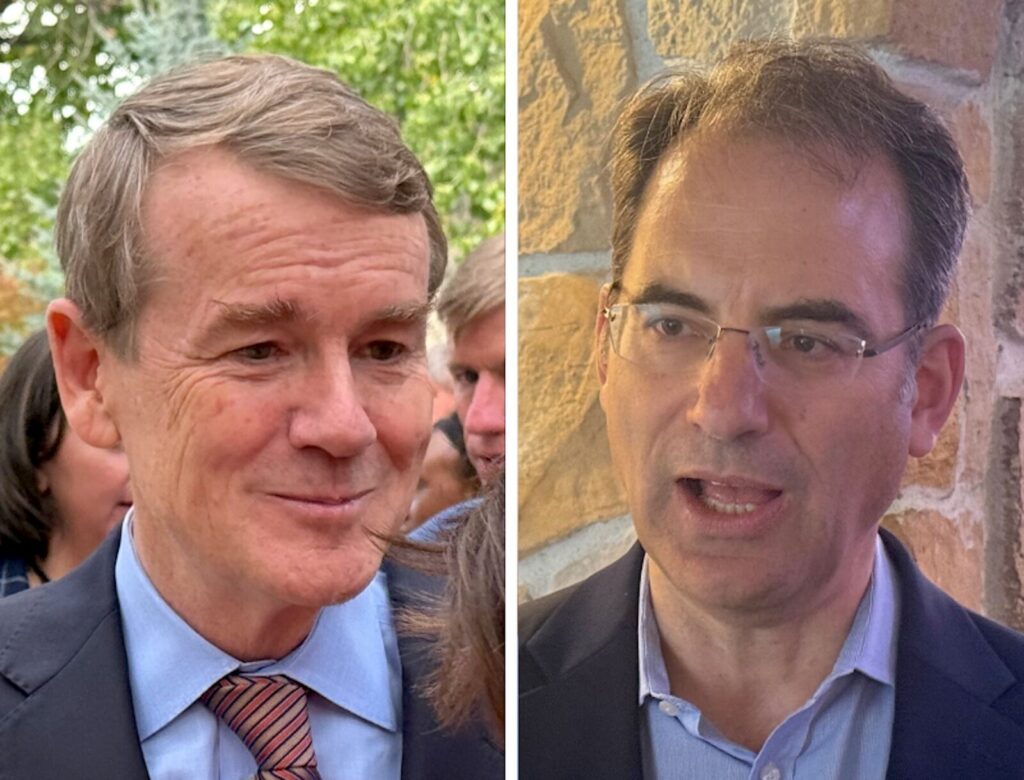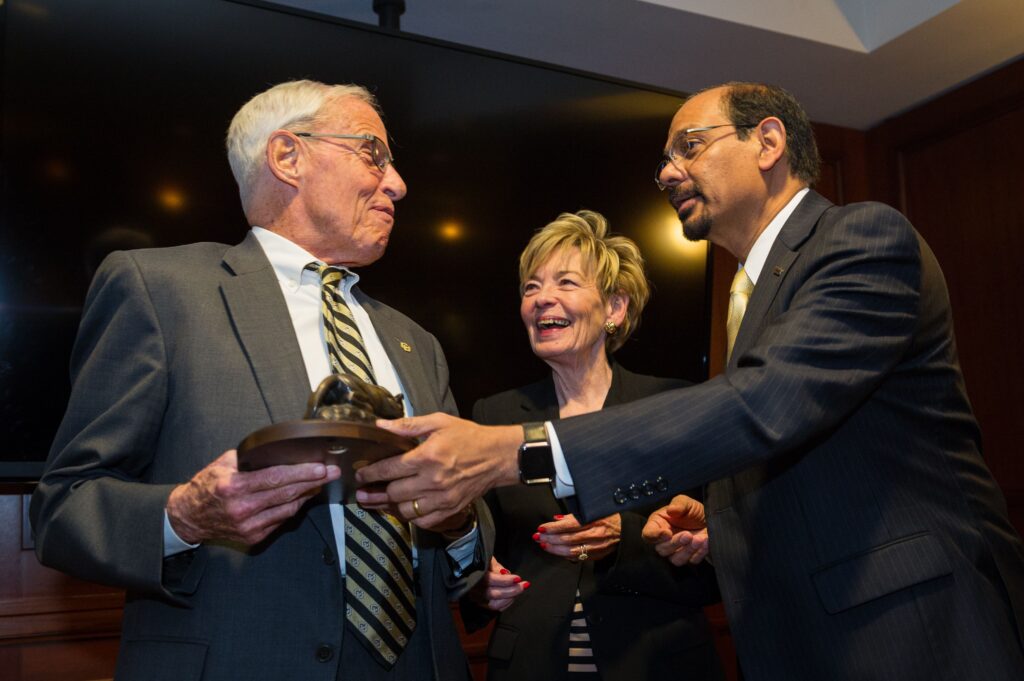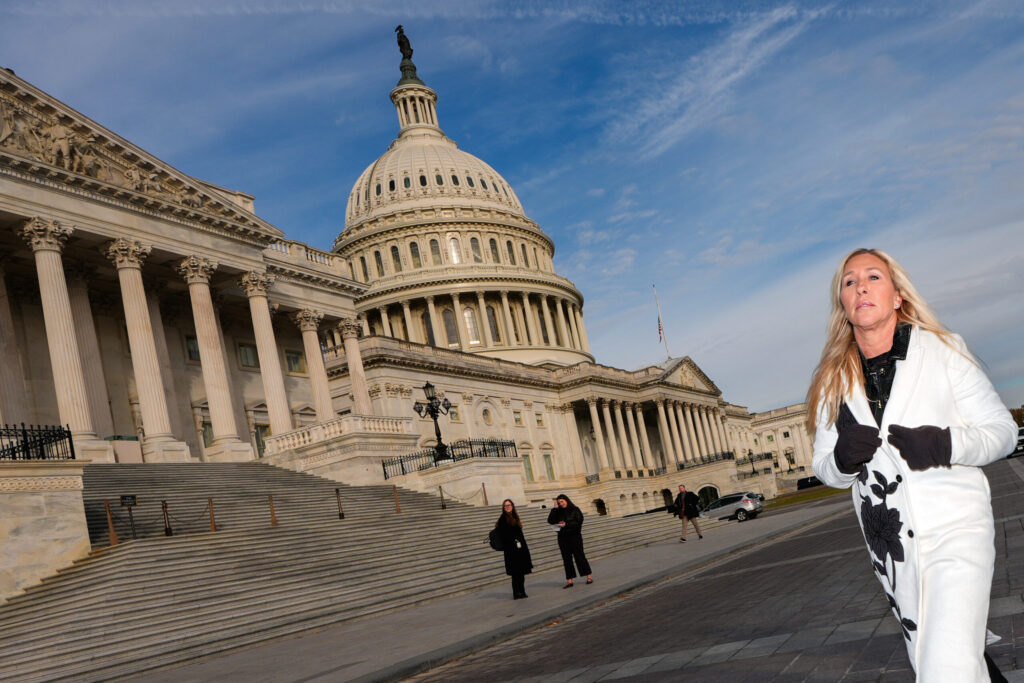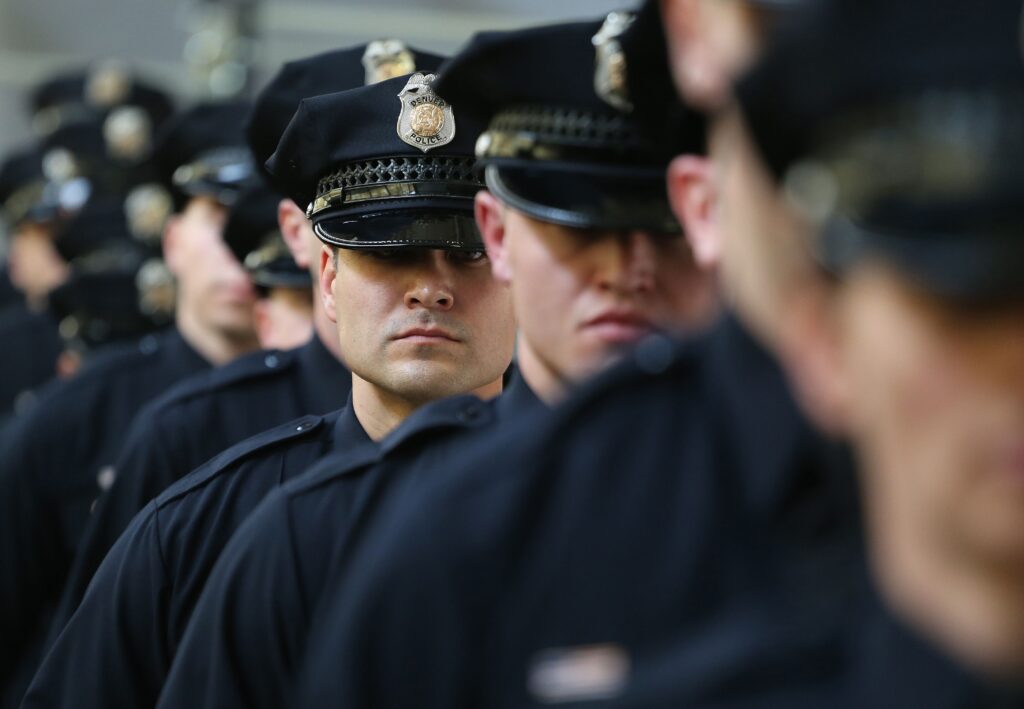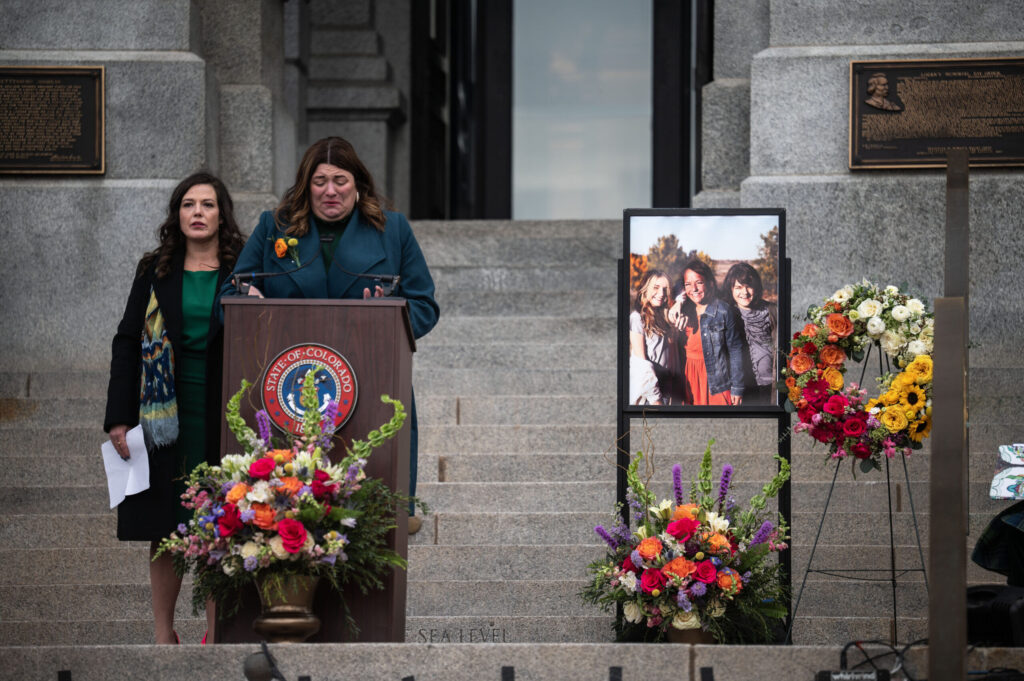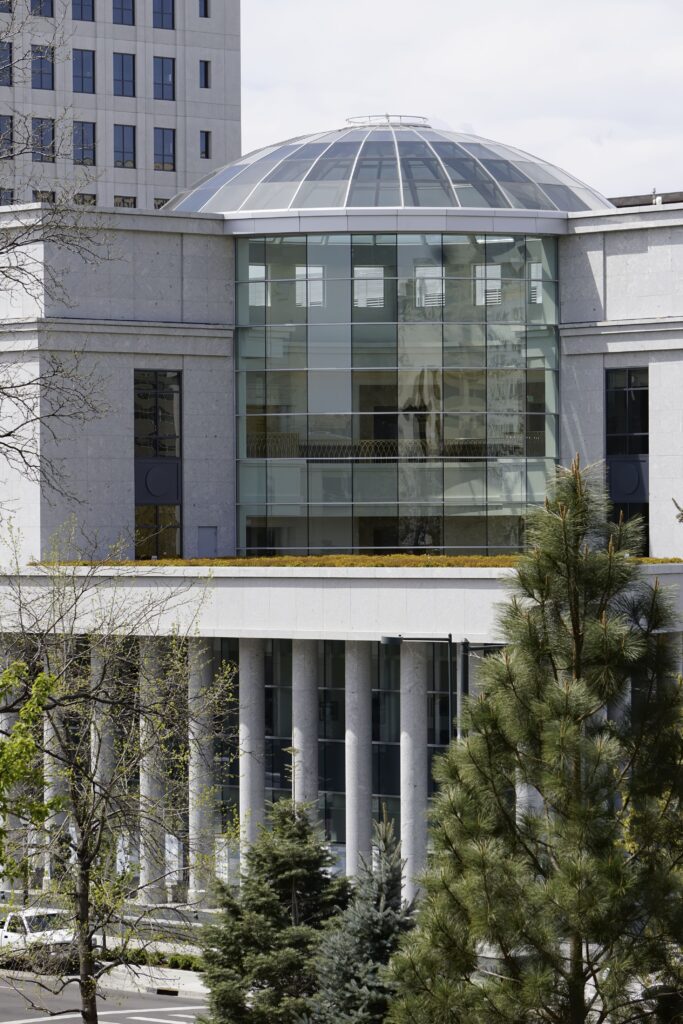Aurora preps for small budget deficits
While revenue has been rosy in the city of Aurora, along with others on Colorado’s Front Range, budget deficits may loom on the horizon.
In his proposed 2017 budget, Aurora City Manager Skip Noe noted some of the same “softening” of revenue forecast by Denver and others in the near future. While the proposed 572-page spending plan is balanced for Aurora – the fourth year in a row the city has balanced revenue and expenditures without budget reductions, Noe noted – it calls for relatively few additions in anticipation of slightly less revenue in the coming year.
Budget manager Greg Hayes said small budget deficits are fairly typical for municipal governments, which rely heavily on the ups and downs of sales tax revenue to pay for most city expenses.
“What we expect to see is continued growth, but not at a rate that will cover our increased expenditures,” Hayes told The Colorado Statesman.
Aurora’s general fund budget is projected to be $318 million next year, down $6.4 million, or 2 percent from the original 2016 budget of $324.4 million. Aurora’s sales tax revenue is expected to grow $4.9 million (2.9 percent). Auto use tax and capital-related use tax are expected to soften somewhat, after years of very strong growth.
“We don’t have the huge revenue generators like Coors Field or a convention center,” Hayes said. “So we tend to see a little less income than some of the other municipalities” along the Front Range.
Hayes noted preliminary projections show Aurora is likely to face a $3.9 million shortfall in 2018, plus shortfalls for 2019 through 2021. On a positive note, Noe wrote in his budget message, the shortfalls are significantly less than those projected in the 2016 budget. For example, the $3.9 million 2018 shortfall was $6.9 million in the 2016 budget.
“We’ve had great numbers in terms of revenue growth,” Hayes added. “Now we just have to be careful how we budget and spend. But that’s very doable and conservative, we just have to be thrifty. So it’s really not a bad thing. It’s not like we’re forecasting a recession.”
City council is to be presented with a plan to develop a balanced 2018 budget in early 2017. Noe noted in his budget message that projected shortfall numbers include annual pay and benefit increases for city personnel.
Revenue growth to slow
Aurora, Denver and others cite similar trends of still positive, but softening, revenue in coming years. For example, according to the Denver Metro Association of Realtors, through the end of August, Aurora single family home sales dropped 4.8 percent compared to the same time frame in 2015.
From 2012 through 2015, Aurora’s general fund revenue has grown at an average of 6.8 percent annually, although that growth has trailed off recently. The 2016 growth rate is expected to drop to 4.2 percent. In 2017, general fund revenue is projected to grow at 1.8 percent ($5.6 million) over the 2016 year-end projection, not counting transfers into the fund as well as marijuana sales and excise taxes. That revenue will be transferred and accounted for in a new marijuana revenue fund for 2017.
By the end of 2016, an estimated 21 stores and five cultivation operations will be open in Aurora, generating an estimated $5.4 million in total revenue for the city. In 2017, additional locations are anticipated to increase the annual total to $6.1 million. That money is budgeted for one-time purposes until the city has a good history to increase confidence in annual projections.
Public safety CBAs affect budget numbers
The 2017 proposed budget was also impacted by the Aurora Police Association and International Association of Fire Fighters collective bargaining agreements, Hayes said.
Rather than across-the-board pay adjustments, the police union emphasized step reduction, so there will be four fewer steps to reach the top of the patrol officer pay schedule by the end of 2018.
The priority for the firefighters union was a reduced workweek, and the department will add 35 firefighters over the next two years in order to go from the current 56-hour workweek to a 48-hour week, effective July 1, 2018.
Noe added the city will add 60 full-time employees next year, including 35 additional police officers.




